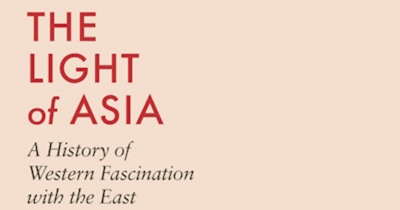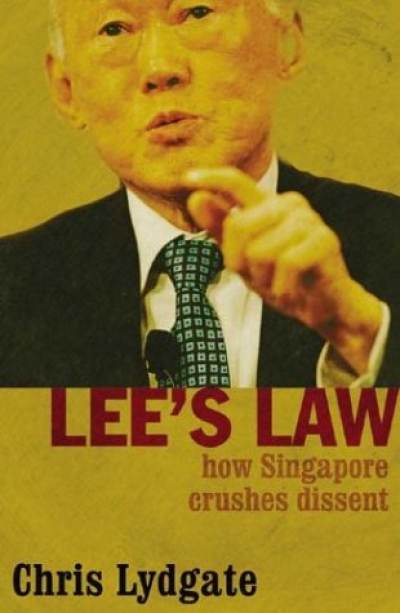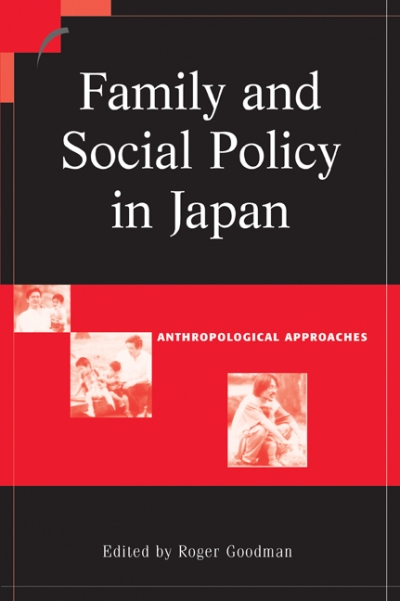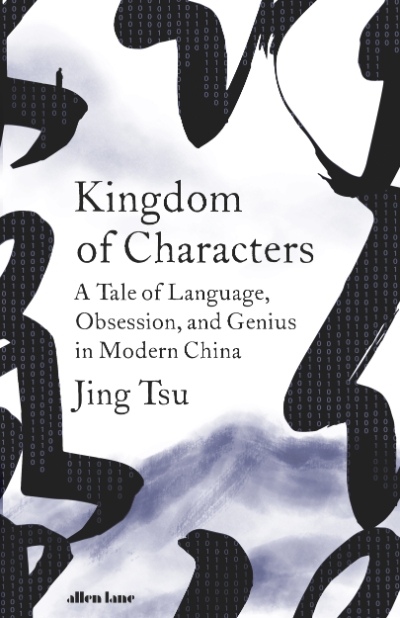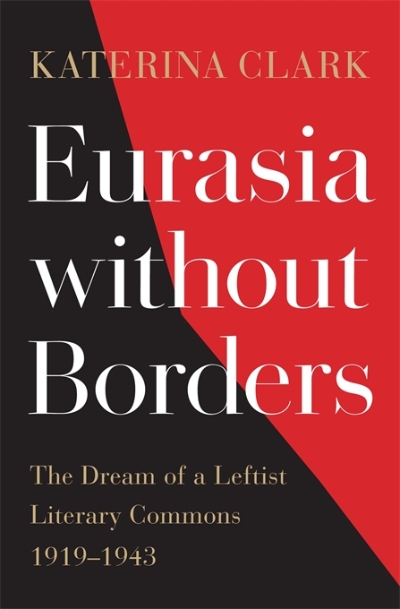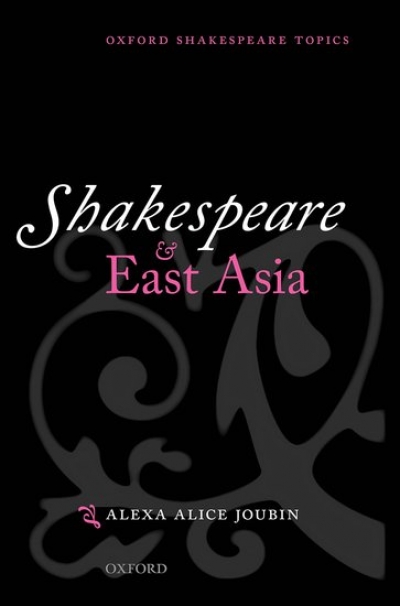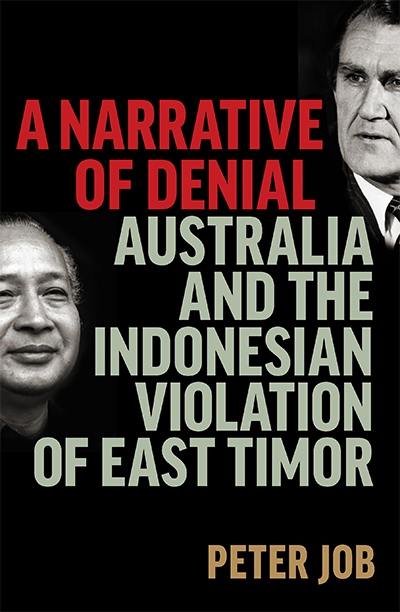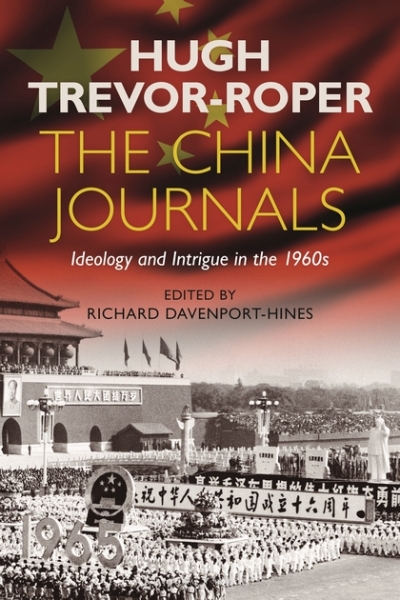Asian Studies
The Light of Asia: A history of Western fascination with the East by Christopher Harding
The world isn’t quite what it seems. We often imagine the modern world as if it were a halved orange, East clearly separated from West. For centuries, the West has claimed superiority over the Rest, despite knowing little about them, as Edward Said copiously showed in Orientalism (1978). An equally influential proposition in The Clash of Civilisations (1996) was Samuel Huntington’s. He saw the world of Islam as having ‘bloody borders’ and being pitted in conflict with the West over cultural differences. In 1984 (1949), George Orwell imagined two fictional hemispheres in conflict, Eurasia and Eastasia, leaving unresolved the problem of what to do about Oceania.
... (read more)Lee's Law by Chris Lydgate & The Mahathir Legacy by Ian Stewart
Singapore and Malaysia have a lot in common beyond a shared border and a shared colonial heritage. Both countries have been dominated for decades by one strong leader – Lee Kuan Yew in Singapore, Dr Mahathir Mohamad in Malaysia. Both have a weak Opposition and a muzzled media. Both have an internal security act inherited from the British, and which is used to detain people without trial. In both countries, the common law system has been bent into ugly new shapes to silence dissent. Each of these books traces the fate of a man who dared to challenge the leader but failed, crushed by an adversary with superior tactics, greater political strength, and, above all, more sway in the courts.
... (read more)Family and Social Policy in Japan edited by Roger Goodman & Feminism in Modern Japan by Vera Mackie
In the latest offerings in Cambridge University Press’s ‘Contemporary Japanese Society’ series, Vera Mackie outlines 130 years of Japanese feminism, while Roger Goodman’s collection explores a decade of policy interventions in that country that challenge a society still based largely on a strict gendered division of labour. Men’s primary role is to be the overworked salaryman warrior, while women’s is to care for dependents, both children and grandparents, in a society that ‘is rapidly becoming the world’s oldest ever human population’. Perhaps the shock of 1989, when women’s birth strike reduced the fertility rate to 1.57, should have been expected.
... (read more)Australia’s fraught journey with China continues. The Albanese government now wrestles with the same harsh global and regional realities as its predecessors. The crisis brought about by US House of Representatives Speaker Nancy Pelosi’s visit to Taiwan in early August now appears to have ruptured much of the initial attempts on both the Australian and Chinese sides to at least begin talking to each other again.
... (read more)Kingdom of Characters: A tale of language, obsession, and genius in modern China by Jing Tsu
Picture, poem, or puzzle? The Chinese written character has been one of the most enduring obstacles to and catalysts for intercultural appreciation. When, in the early decades of the nineteenth century, the German philosopher G.W.F. Hegel wanted to demonstrate the relative backwardness of Oriental thought, he could find no better exhibit than the form of its writing. Attached as it was to ‘the sensuous image’, the putatively pictographic Chinese character forfeited access to the conceptual abstraction that afforded European thinkers their passports to the ‘free, ideal realm of Spirit’.
... (read more)Eurasia without Borders: The dream of a leftist literary commons 1919–1943 by Katerina Clark
In the time before festivals, writers used to attend congresses to perform their role as ‘the unacknowledged legislators of the world’ in Shelley’s fine phrase. A who’s who of literary leftists and liberals gathered in Paris for the First International Congress of Writers for the Defense of Culture in 1935, in solidarity against the rise of fascism across Europe. Nettie Palmer was a member of the Australian delegation. She was pleased to spend time there with her younger compatriot Christina Stead, who was living in London. Both writers were internationalists, but at different points on a spectrum.
... (read more)Shakespeare and East Asia is one of the latest titles released in the Oxford Shakespeare Topics series. Edited by Stanley Wells and Peter Holland, the Oxford University Press series is pitched at the elusive general reader who is seeking a primer on one of the many topics proliferating within the bustling industry of Shakespeare studies. Written by one of the directors of the MIT Global Shakespeares Archive, this book invites readers to think about the significance of Shakespeare’s continuing influence on cultural production in the Far East, and how Asian adaptations of his corpus participate in creating a contested image of Asia for audiences both in the region and in the Anglophone West. Assembling a varied body of cinematic and theatrical reworkings of Shakespeare from countries like Japan, Korea, China, Taiwan, Hong Kong, and Singapore, Joubin tells a story about Asian Shakespeares that is also a story about how a particular region has negotiated the imperatives of globalisation and the tacit anglicising effects of global culture.
... (read more)It has become a rite of passage for foreign correspondents returning home from a stint in China to pen a memoir recounting their experiences. All too often, the story begins with the said reporter crossing into mainland China at Lo Wu, having just spent time enjoying the bright lights of Hong Kong. Clearly, the Lo Wu railway station holds a certain allure for wandering Australian journalists.
... (read more)A Narrative of Denial: Australia and the Indonesian violation of East Timor by Peter Job
Peter Job, a former East Timor activist, has written a careful, dispassionate account of the stance of Gough Whitlam’s and Malcolm Fraser’s successive governments in relation to Portuguese East Timor. He has consulted a commendably wide range of oral and written sources, interviewing, for example, several retired senior Australian officials formerly engaged in the design and implementation of Timor policy. His story ends in 1983, with Bob Hawke’s election to office. Job should be encouraged to complete his account in the future to acquaint readers with developments up to at least the UN intervention in 1999 that gave Australian diplomacy a new role.
... (read more)The China Journals: Ideology and intrigue in the 1960s by Hugh Trevor-Roper, edited by Richard Davenport-Hines
When the Society for Anglo-Chinese Understanding (SACU) invited Hugh Trevor-Roper, Regius Professor of History at the University of Oxford, to visit China in 1965, he jumped at the chance. It was a decision that all parties concerned came to regret. The eminent historian had a terrible time in China, ‘that land of bigots and parrots’. He didn’t meet the right people. He found no intellectual equals. The interpreters and guides assigned to the group weren’t up to the job. He nicknamed them Cement-head, Duckbottom, Smooth-face, and the Presbyterian.
... (read more)

